-

Expert Dental Health Checks
Maintain the health of your teeth and gums
5-star rated practice
Full extensive examination
Oral cancer checks
Maintain the health of your teeth and gums
5-star rated practice
Full extensive examination
Oral cancer checks
If you need a trusted and expert dentist in London to carry out a comprehensive dental health check, our state-of-the-art Harley Street clinic can help.
Our expert team is led by principal dentist, Dr Mehran Sanei (GDC No: 67683), he is recognised by the GDC and the American Dental Association as a Specialist in Prosthodontics. Dr Sanei has over 30 years extensive dental experience, and has helped improve the smiles of hundreds of patients in Harley Street, London.
All our dentists are registered with the General Dental Council (GDC) and our practice is regulated and monitored by the Care Quality Commission (CQC) so you can rest assured you are in safe hands with our expert team.
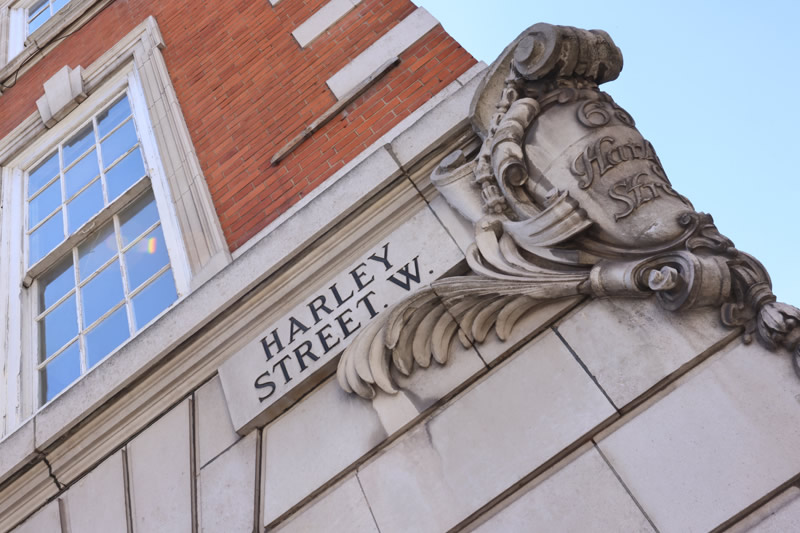

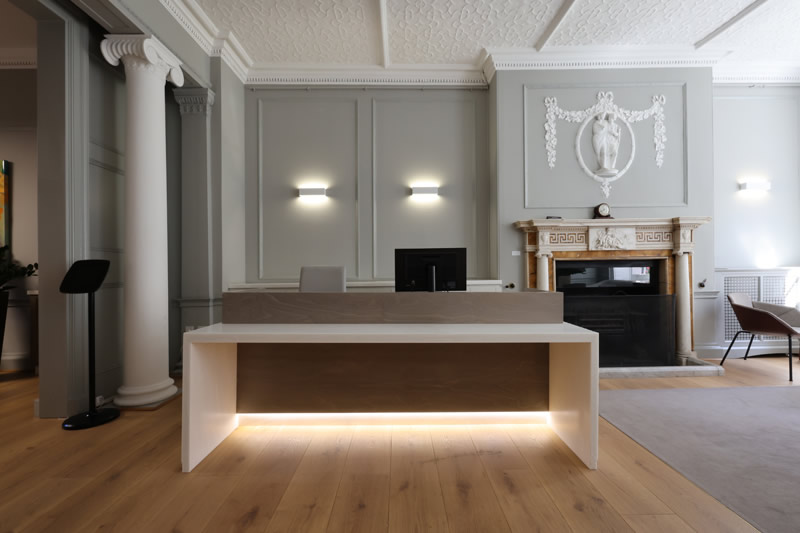
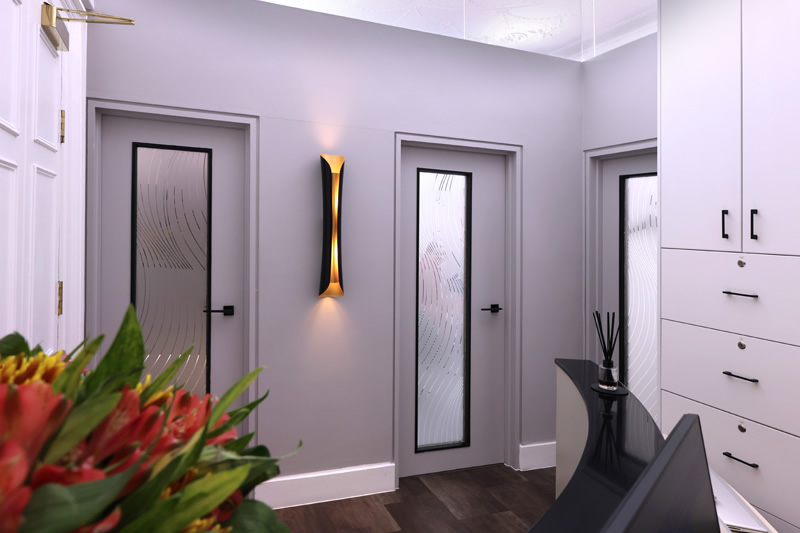

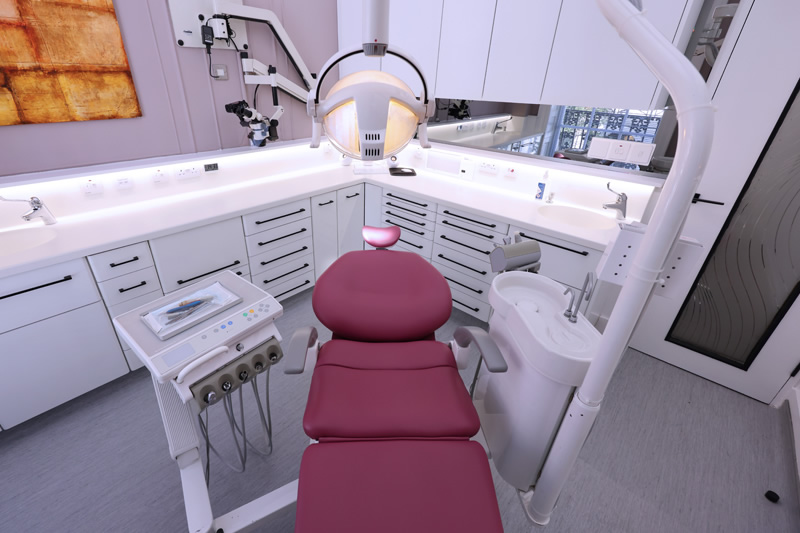
| Consultation with a specialist | |
| 30 years extensive dental experience | |
| 25 years as a Specialist in Prosthodontics | |
| Years of additonal postgraduate education & training | |
| Superior quality of dentistry |
| Full Extensive Examination | |
| Oral cancer checks | |
| Head/neck exam of glands and nodes | |
| Detailed photographs taken | |
| Comprehensive report and treatment plan |
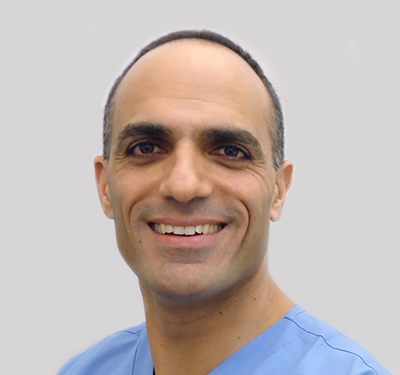
Our principal dentist and specialist prosthodontist, Dr Mehran Sanei (GDC No. 67683), is recognised by the American Dental Association as a Specialist in Prosthodontics.
With over 30 years of extensive dentistry experience, he has also given national and international lectures on Cosmetics and Implantology. He has been an active member of the American Dental Society of London since 1999.
To book your consultation, please call us today on 020 7935 3914.
At a routine dental check-up, the dentist is forming a diagnosis of your health in relation to the head and neck (extra-oral), all the areas inside your mouth (intra-oral), your lymph nodes, soft tissues, Temporomandibular joint, facial and chewing muscles and any exposed skin or soft tissue abnormalities.
This is all in addition to checking the condition of your gums, the health of your tooth structure, looking for decay and worn or leaking restorations.
Cancer can occur in any part of the mouth, on the tongue, lips and throat. Sadly, mouth cancer has a very high mortality rate due to late detection. The positive news is that a ‘precancer’ will sometimes form a long time before cancer develops, and if detected early, it can be treated rapidly with an excellent chance of prevention or cure.
A dental health check includes a full extensive examination of your teeth, gums, head and neck, oral cancer screening, detailed photographs, plus a comprehensive report and personalised treatment plan.
Regular dental health checks help detect early signs of decay, gum disease and other oral issues before they become more serious. They also include an oral cancer check, which can be vital for early detection.
Yes. Sharing your full medical history, including medications and allergies, helps the dentist tailor the check-up to your needs and ensures safe, effective care.
X-rays are not always required, but the dentist may recommend them depending on your dental history and the condition of your mouth to aid diagnosis and ensure nothing is overlooked.
An oral cancer screening is a careful examination of your mouth, tongue and surrounding tissues for early signs of cancer or pre-cancerous changes. Early detection significantly improves treatment outcomes.
If a suspicious area is identified, the dentist may recommend further investigation, such as a brush biopsy, to safely determine the nature of the lesion.
While individual needs vary, most adults benefit from regular check-ups at least once or twice a year to maintain good oral health and catch any issues early. Your dentist will advise on the best frequency for you.